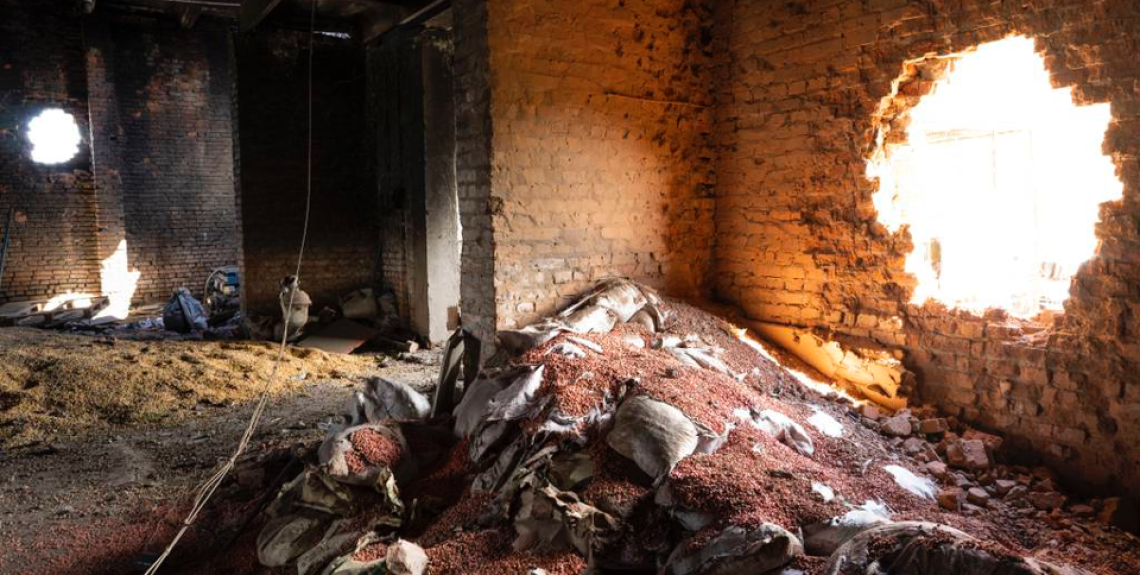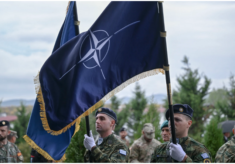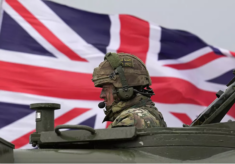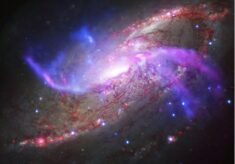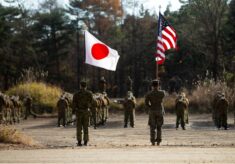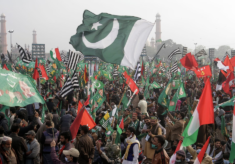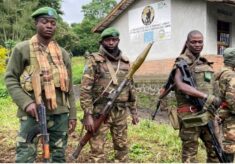The actual war of aggression has understandably sparked a vigorous debate on its causes, as it befits to the democratic world; nevertheless, it is important to avoid useless finger pointing among allies and unfounded interpretations of historical facts, some of the most relevant will be reviewed below.
It is important to remember that in 2002 all NATO allies agreed to the Treaty of Pratica di Mare by which Russia became a special partner to the Alliance with a very concrete and ambitious cooperation menu. 20/20 hindsight comes afterwards and the usual “I told you so” arguments do not change both the consensus expressed and the event in itself. Evidently a squandered occasion.
In February 2007 Mr Putin stated clearly at the Munich Security Conference that “NATO expansion does not have any relation with the modernisation of the Alliance itself or with ensuring security in Europe. On the contrary, it represents a serious provocation that reduces the level of mutual trust”. One can agree or disagree with this statement, but this was the unequivocal position of the Russian partner. In the Bucharest Summit Declaration (2008) it was stated: “NATO welcomes Ukraine’s and Georgia’s Euro-Atlantic aspirations for membership in NATO. We agreed today that these countries will become members of NATO”. Clearly it was not an invitation to begin accession talks, as it happened in the same summit for Albania and Croatia, and there was no defined timetable. Putin reiterated his 2007 position.
The guns of August in Georgia (1st – 12th of August 2008), marked the first rift between Europe and Russia, showing beyond doubt that Russia would have used military force to keep the status quo of “frozen conflicts” and by recognising unilaterally self-proclaimed political entities. Germany, France, the USA, NATO and the G7 condemned openly the recognition, but there was no UN resolution on the matter.
The 21st of February 2014 France, Germany and Poland had successfully negotiated with the three main political groups protesting in Maidan Nezhaleznosti a peaceful transition from the Yanukovich presidency to another possible majority. A similar mediation was successful during the crisis of 2004 (the so-called Orange Revolution) and it would have been possible 10 years later, but a minority and well-armed opposition group in the square decided to reject the agreement by assaulting the presidential palace. The fall of the government precipitated Russia’s hybrid operations first in Crimea and then in the Donbass region, fully violating the 1994 Budapest Memorandum on Security Assurances. International condemnations and sanctions followed. EU applied sanctions and NATO begun rotational deployments in former Warsaw Pact countries.
Events, beyond whatever opinion, show that the Euro-Atlantic community was substantially open-eyed about the disgraceful course of action decided by Russia and had a rather solid consensus on measures that were at the time considered feasible and politically viable, including the Minsk 1 and 2 agreements, obviously sabotaged by both contending sides. Anyhow these agreements bought precious time vis-à-vis a war that was not inevitable, but that became slowly the only realistic option in Putin’s mind.
This consensus has been the underlying basis, patiently built in 14 years, of the current unity of intents against the aggression in Ukraine and this, not surprisingly in real politics, has little to do with energy interests, exactly as it happened with the war of choice in Iraq.
Much has been written about energy dependence, but some facts are useful for the record. Europe imported gas from USSR since 1984, when the Cold War was being waged, Afghanistan had been invaded by the Soviets and the Euromissile crisis was in full swing. No problems were recorded in the agreed deliveries and the same happened with Nord Stream 1, that had as associate in the project a NATO partner like the Russian successor state.
Nord Stream 2 encountered in 2011 understandably more objections regarding the effects of a strategic dependence, but during the same time the Opal project (a pipeline passing through the Baltic Republics and Poland) was considered very desirable, despite the fact that it would have transported the same amount of Russian gas to Europe.
The main concern, voiced after the invasion of Ukraine, is that Russian energy exports have funded the military machine used in the aggression, which is a hard truth that at the same time eludes both context and strategic effects, creating unnecessary divisions among allies.
The context is that since 1991 Russia is vastly overwhelmed by NATO in military expenditure, quantity and quality of armaments. The underwhelming military performance of the invaders demonstrated this quite clearly until beginning February 2023.
Another element of context is that 65,22% of the total EU military expenditure is concentrated in four countries (France, Germany, Italy and Spain), who were dependent respectively from Gazprom 18%, 40%, 20% and 0%. On average they financed a minor stake of Russian in income, other countries, much more dependent from Russian gas, have contributed considerably more in proportion.
The strategic effects are equally concrete: all concerned economies were more competitive and less polluting; the EU could financially assist a practically bankrupt Ukraine since 1991; NATO countries, especially the richest ones, could buy armaments that now helped the Ukrainian defence effort and Russia squandered its money in a cruel, but militarily ineffective war machine. Democracies are not based on narratives, but on truth; when they lose this foundation, they put at risk both freedom and power to the advantage of other regimes.
Alessandro Politi
Director of the NATO Defense College Foundation

